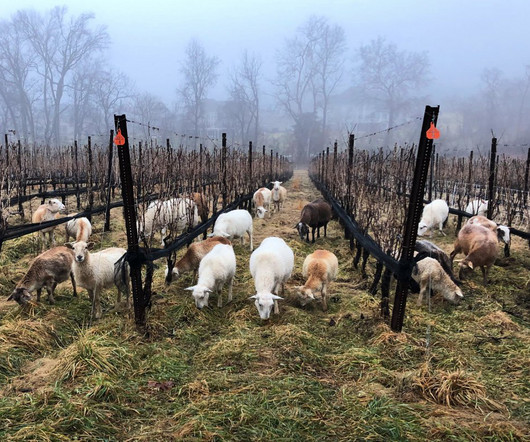Changing How We Farm Might Protect Wild Mammals—and Fight Climate Change
Civil Eats
MAY 6, 2024
land, with cropland expanding by 1 million acres per year, fueling habitat loss for wildlife and mammals. Pesticides can harm or kill mammals and can also reduce prey and attract invasive species that compete with native mammals for resources, explained Gaurav Singh-Varma, a researcher at the University of British Columbia.










Let's personalize your content